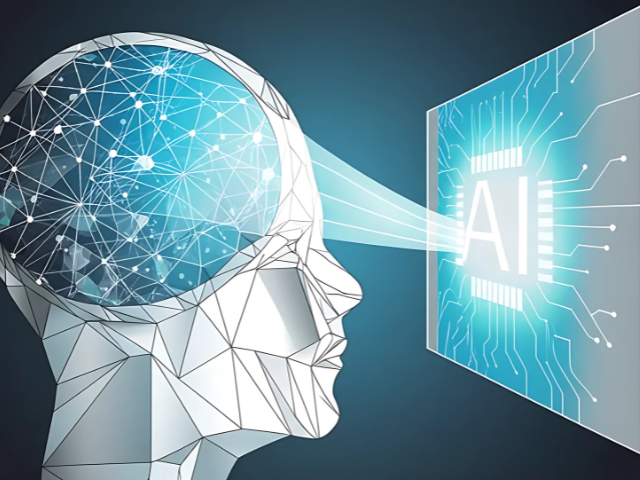A new study from the Massachusetts Institute of Technology (MIT) suggests that frequent use of generative artificial intelligence (GenAI) tools, such as large language models (LLMs) like ChatGPT, may suppress cognitive engagement and memory retention.
In the experiment, published by MIT, researchers monitored the brain activity of participants as they wrote essays using different resources: one group relied on LLMs, another used internet search engines, and a third worked without any digital tools.
The results revealed a consistent pattern — participants who used GenAI tools displayed significantly reduced neural connectivity and recall, compared to those who relied on their own cognitive abilities.
Brain scans taken during the experiment showed that LLM users exhibited weaker connections between brain regions associated with critical thinking and memory.
While their essays scored well in both human and AI evaluations — often praised for their coherence and alignment with the given prompt — the writing was also described as formulaic and less original.
Notably, those who used LLMs struggled to quote from or recall their own writing in subsequent sessions.
Their brain activity reportedly “reset” to a novice state regarding the essay topics, a finding that strongly contrasts with participants in the “brain-only” group, who retained stronger memory and demonstrated deeper cognitive engagement throughout.
Participants who used search engines showed intermediate neural activity.
Though their writing lacked variety and often reflected similar phrasing, they exhibited better memory retention than the LLM group, suggesting that the process of searching and evaluating sources provided more mental stimulation.
In a later phase of the experiment, the groups were shuffled. Participants who had initially used GenAI tools showed improved neural connectivity when writing without digital aids — an encouraging sign that cognitive function could rebound when AI dependence is reduced.
The findings could carry important implications for education and the workplace.
BREAKING: MIT just completed the first brain scan study of ChatGPT users & the results are terrifying.
Turns out, AI isn’t making us more productive. It’s making us cognitively bankrupt.
Here’s what 4 months of data revealed:
(hint: we’ve been measuring productivity all wrong) pic.twitter.com/OcHy9197tk
— Alex Vacca (@itsalexvacca) June 18, 2025
With GenAI tools increasingly integrated into school assignments and professional tasks, concerns about cognitive atrophy are rising. Some students now generate entire essays with tools like ChatGPT, while educators rely on similar software to grade and detect AI-generated work.
The study suggests that such widespread use of digital assistance — even when indirect — may hinder mental development and reduce long-term memory retention.
As schools and organisations continue to navigate the integration of AI tools, the MIT research underscores the importance of balancing convenience with cognitive engagement. Researchers suggest that while GenAI can be a useful aid, overreliance could have unintended consequences for human memory and creativity.

